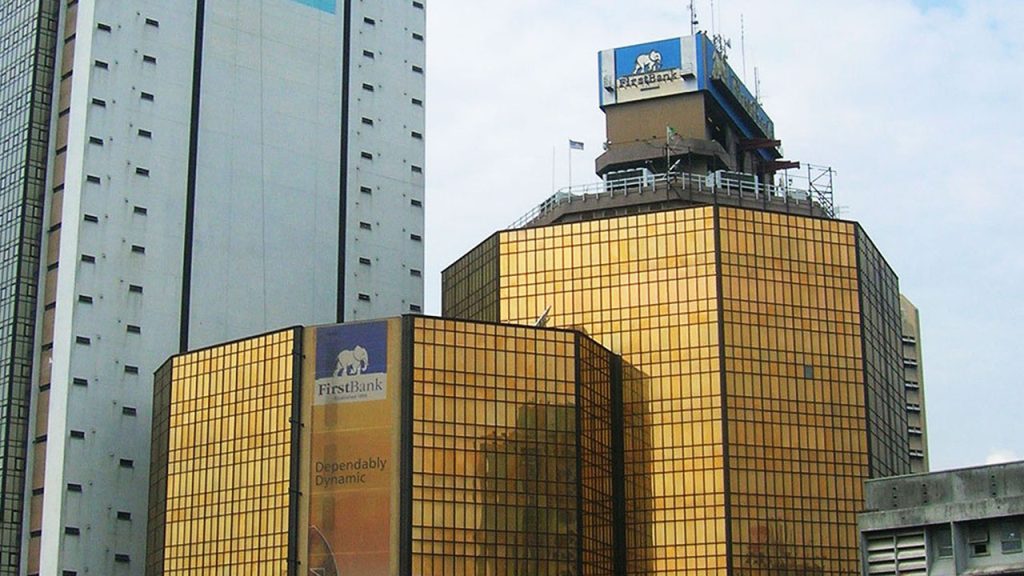FirstBank has made a significant commitment to the development of the creative industry and youth employment by sponsoring the stage play “Kurunmi,” authored by the celebrated writer Ola Rotimi. The announcement was made by Oluseyi Oyefeso, the Executive Director of Retail Banking South Directorate, during a recent performance in Lagos. Oyefeso highlighted the importance of storytelling as a means to preserve the rich cultural heritage of Nigeria. He emphasized that without the documentation of these narratives, the country’s history could potentially fade away, underscoring the bank’s role in supporting the arts. According to him, engaging the youth through art not only contributes to job creation but also fosters economic development by encouraging a productive and creative workforce.
The director of “Kurunmi”, Muyideen Oladapo, commonly known as Lala, poignantly reflected on the relevance of the play in a contemporary context where history is often overlooked in educational curricula. His belief is that showcasing such performances allows audiences, especially the youth, to connect with their cultural roots. He acknowledged the theater’s potential to reflect everyday life and its critical impact on society. Lala further emphasized that the creative industry has the potential to grow the economy, especially as the majority of the cast comprised young individuals who could benefit from such initiatives. His praise for FirstBank’s involvement illustrated the importance of public-private partnerships in breathing life into the arts sector.
The cast and crew of “Kurunmi” involved numerous individuals, indicating a broader impact on employment within the creative spectrum. During the performance, a notable observation was made regarding the participation of youths, which reflected the caliber of talent being nurtured through programs like those initiated by FirstBank. This investment in creative arts is not only about entertainment; it’s a strategic approach to addressing the pressing challenge of youth unemployment in Nigeria. The recognition of theater as a legitimate voice of socio-cultural commentary and economic interaction drives home the point of why such sponsorships are vital.
In attendance at the show was Lagos State Governor, Babajide Sanwo-Olu, further highlighting the significance of the event. The governor’s presence symbolized governmental support for initiatives aimed at cultural preservation through the arts. Gboyega Akosile, who served as the executive director of the play and is also the Special Adviser on Media and Publicity to Sanwo-Olu, echoed sentiments of promoting culture through artistic expressions. He pointed out the challenges faced by the arts and how this endeavor serves not just as a performance but as a catalyst for cultural renaissance among the youth.
“Kurunmi” focuses on the legendary military leader from the Yoruba kingdom of Oyo, exploring themes such as loyalty, betrayal, and the perennial clash between tradition and modernity. The narrative provides a lens through which audiences can observe and reflect upon not just historical events but the values inherent in those stories. Under the production of Stage Crafts Studios and Film Production Ltd., the play aimed to transcend the divide between theater and cinema, showcasing a blend of art forms that resonate well with today’s audiences. The participation of skilled actors like Olawale Lampejo and Tunji Sotimirin added depth and richness to the storytelling.
Ultimately, “Kurunmi” is more than just a theatrical performance; it embodies the aspirations of a generation eager to reclaim its cultural heritage amid modern challenges. FirstBank’s sponsorship reiterates the importance of corporate support in fostering the arts, while the play itself acts as a vital component in the dialogue surrounding youth engagement and employment. As the creative industry continues to evolve, collaborative efforts between financial institutions and the arts will be crucial in safeguarding cultural narratives and providing avenues for economic empowerment through artistic expression. By bridging the gap between the past and the future, these endeavors aim to not only preserve history for posterity but also nurture a vibrant creative economy.














